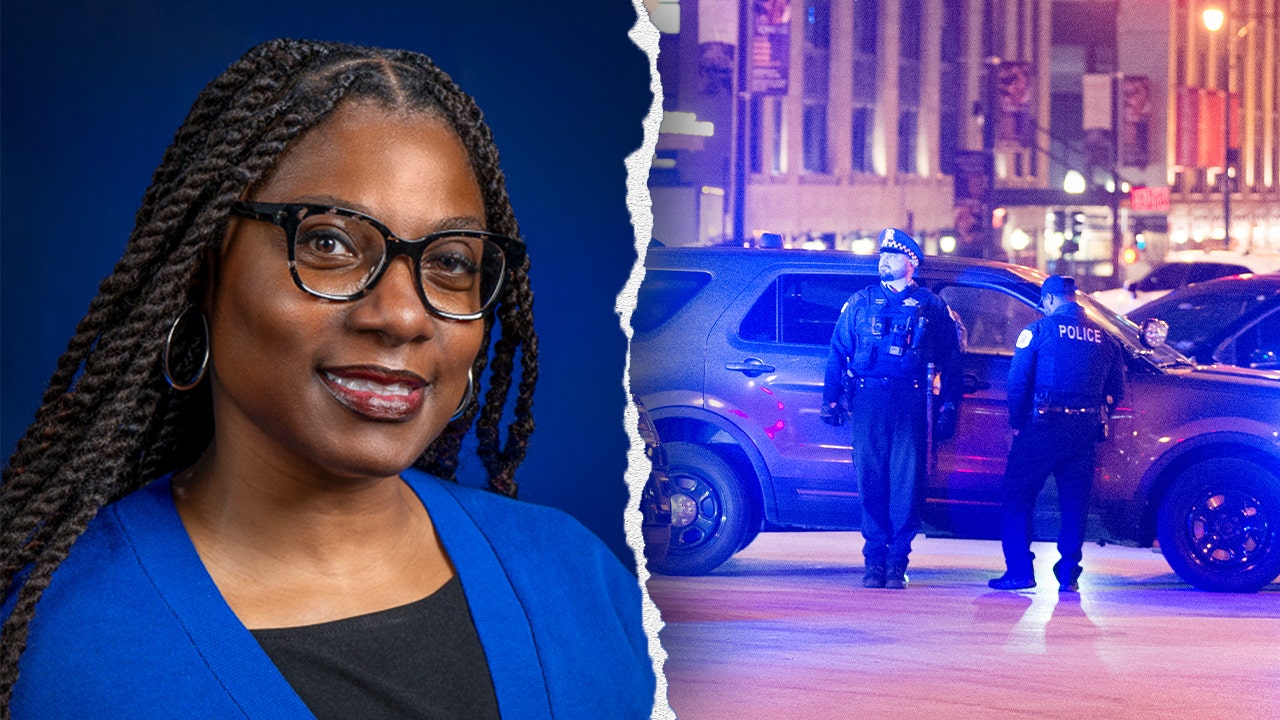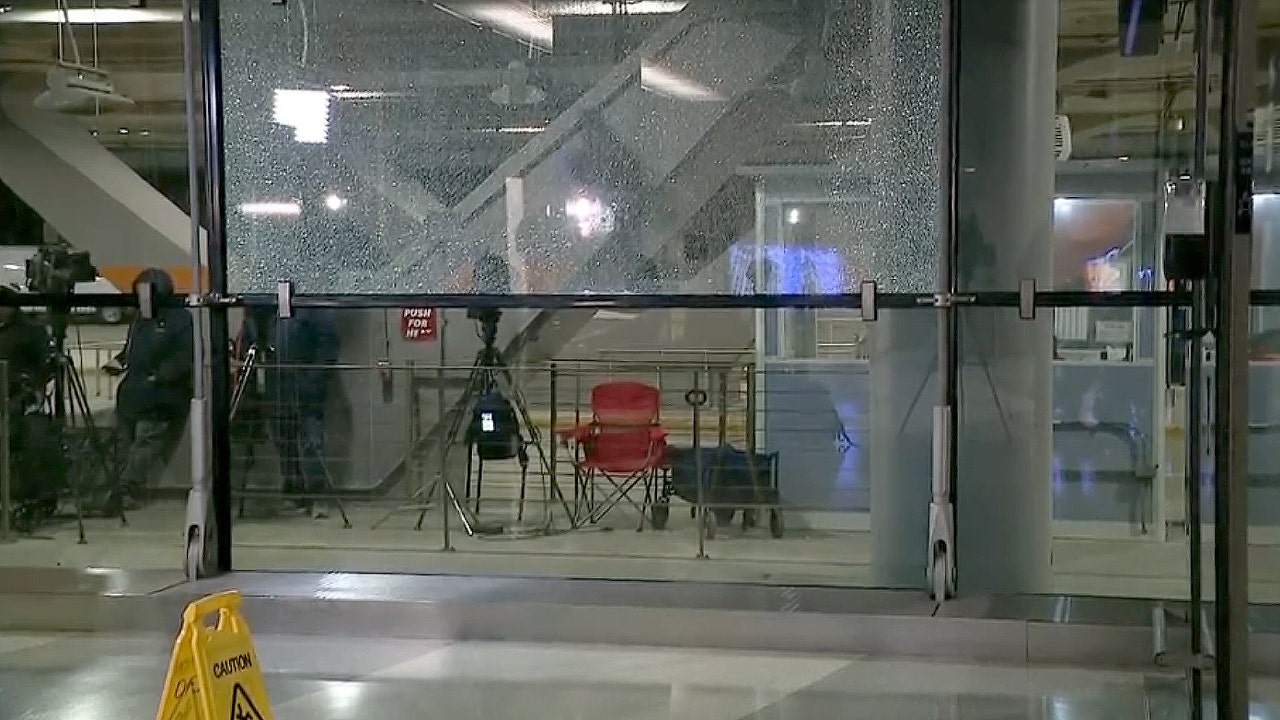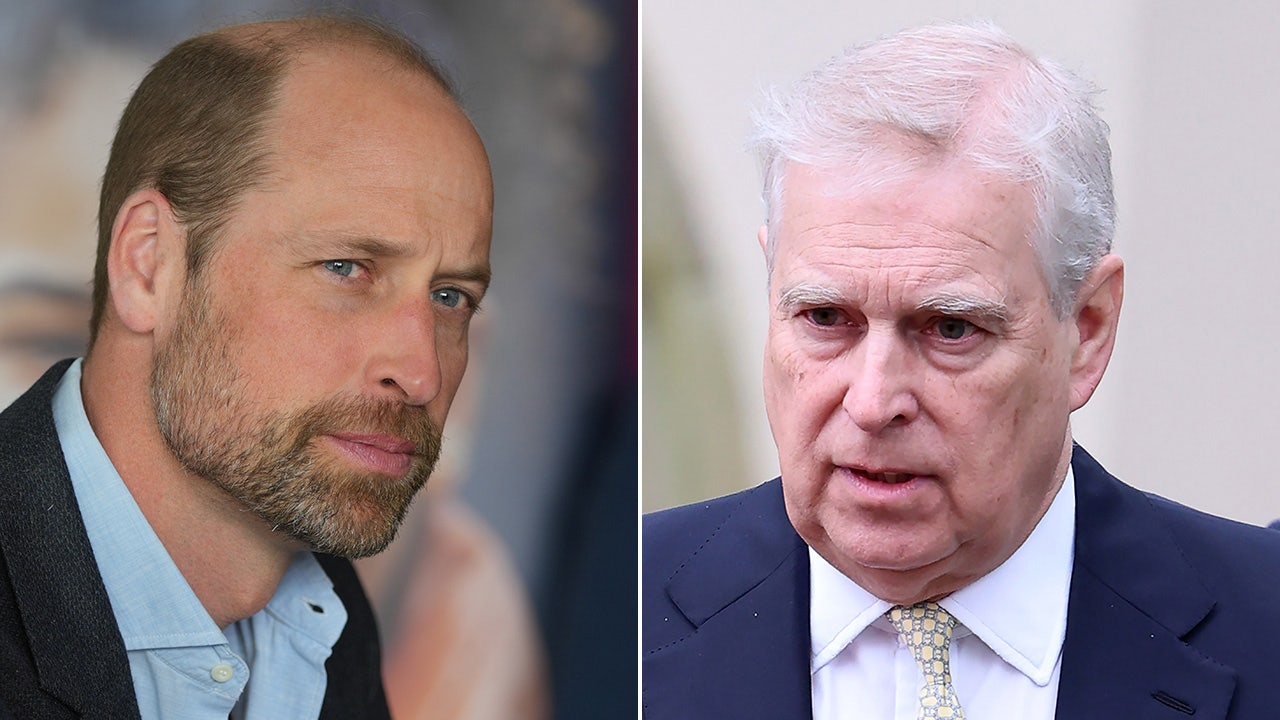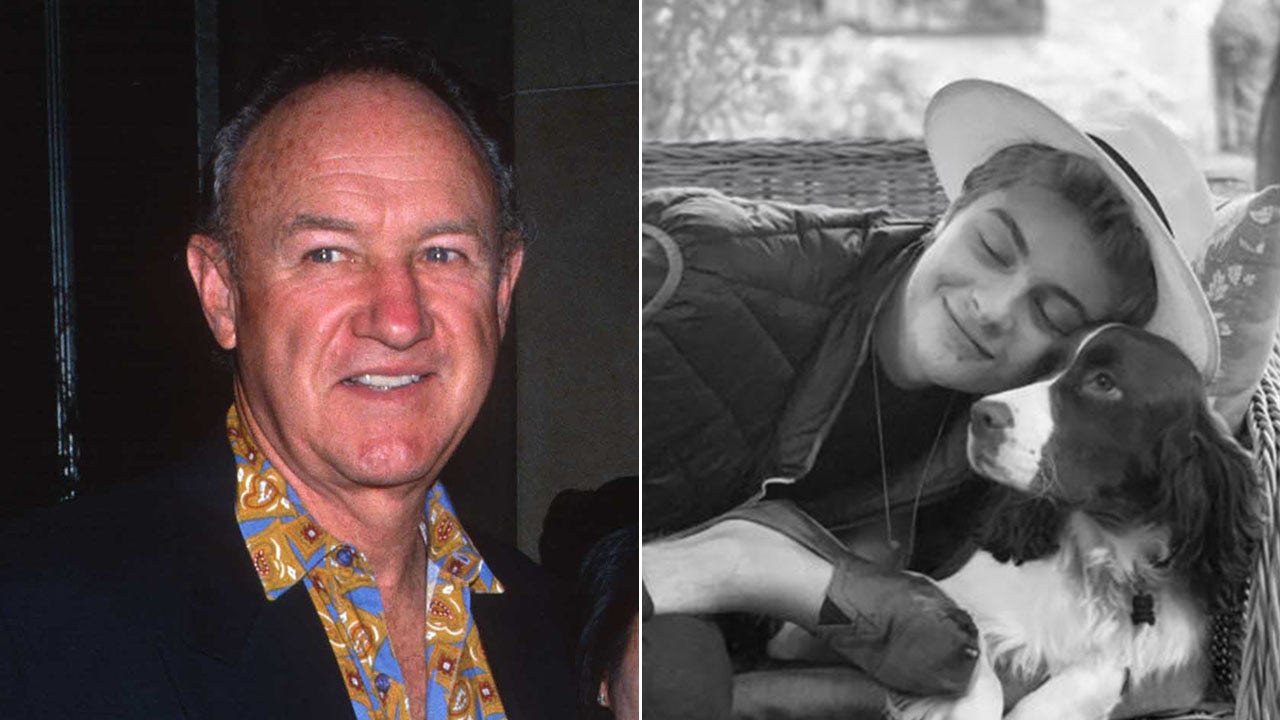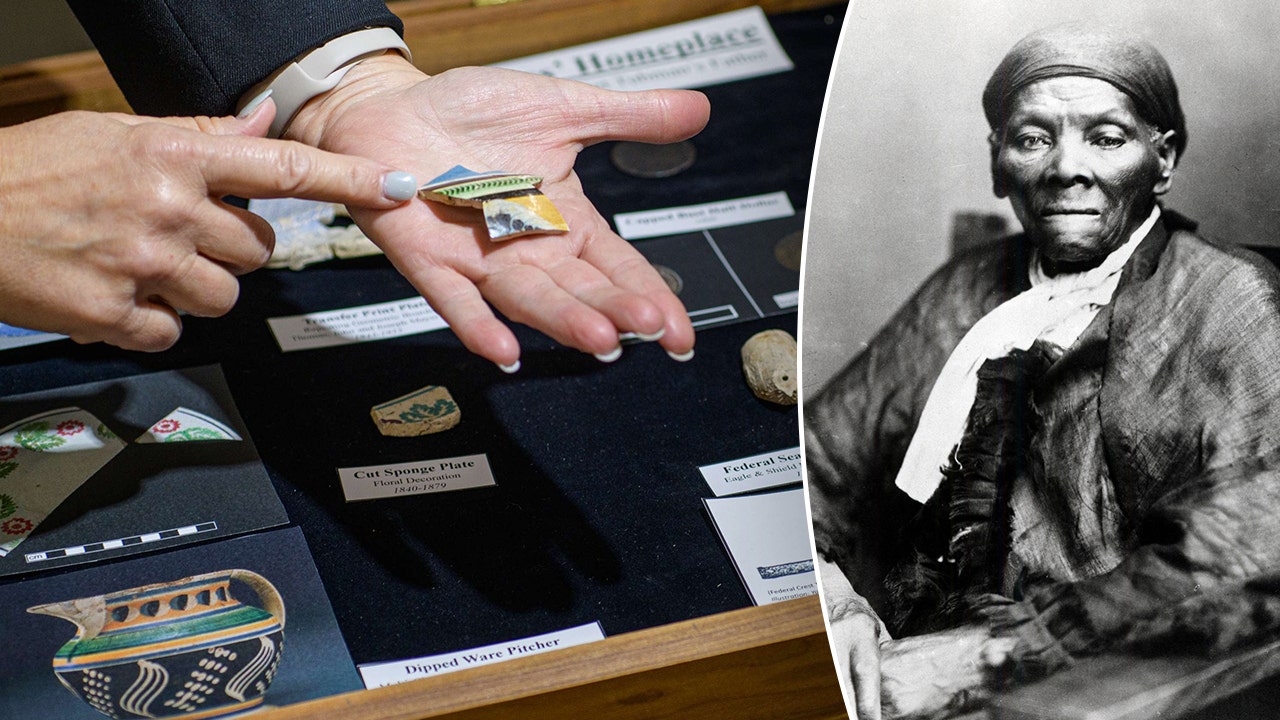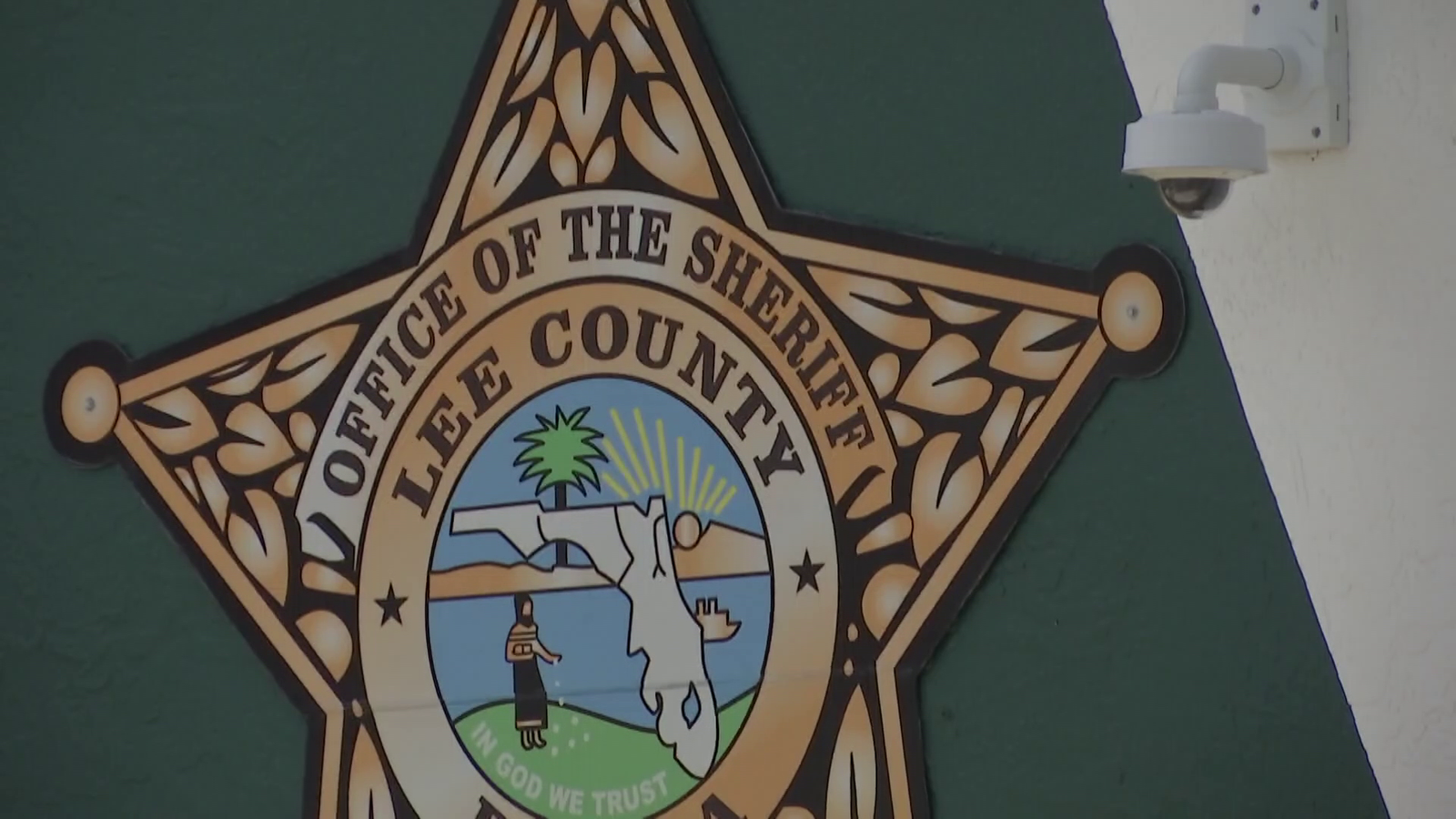The Voices of Betrayal: A Fraud Victim Speaks Out
In a world where trust binds our communities together, the betrayal of that trust can cut deep. A recent story involving a former deputy of the Lee County Sheriff’s Office (LCSO) has emerged, pointing to a disturbing case of fraud that has left victims feeling both vulnerable and angry. The tale is one of power abused, dreams shattered, and lives turned upside down.
A Shadow of Authority
When individuals take positions of power, society often grants them a level of respect and trust. After all, they are sworn to protect and serve. However, as many have learned, not all who wear a badge uphold their oath. The former LCSO deputy, once viewed as a protector, now stands accused of exploiting his position for personal gain. This sordid chapter has impacted numerous lives, driving home the notion that appearances can be deceiving.
One victim, Maria Jefferson, recounted her harrowing experience with palpable emotion. "I never thought I would be taken advantage of by someone in uniform," she shared, her voice trembling. Maria’s ordeal began when she sought assistance for a vulnerable family member. Trusting the deputy to help, she followed his advice, unaware that it was a ruse to siphon off her hard-earned savings. The betrayal left scars not only on her finances but also on her spirit.
The Complexity of Victimhood
Victimhood is an intricate web of emotions that often includes confusion, resentment, and, at times, a deep sense of shame. Following the discovery of the fraud, Maria grappled with feelings of guilt, wondering how she could have been so naive. Friends offered support, but they too struggled to comprehend the twisted dynamics that had transpired. This added layer of emotional complexity is critical in understanding the aftermath of such deceit.
“I felt trapped,” Maria explained. “Each day, I replayed the events in my mind, questioning every moment. How could I have trusted him?” Her reflections weigh heavily, emphasizing the psychological toll that fraud can impose. It’s not just a loss of money, but a shattering of trust in a system that is supposed to protect.
The Ripple Effect of Deceit
Fraudulent acts, particularly those committed by public officials, have repercussions that extend far beyond the immediate victims. The community’s trust in law enforcement takes a hit. As word of the former deputy’s actions spread through Lee County, many residents found themselves grappling with doubt and fear. “If he could do it, who else might?” lamented Thomas Lane, a longtime resident, emphasizing how one person’s actions could tarnish the reputation of an entire department.
The emotional fallout is profound, as community members reflect on their own vulnerabilities and the loss of safety they once felt. Fraud not only disrupts individual lives but also creates a culture of skepticism, where relationships between law enforcement and civilians become strained.
Legal Ramifications and Hopes for Justice
As investigations unfold, hope for justice remains a flickering flame among victims. The legal landscape surrounding cases of public corruption can often feel daunting. Many wonder if they will see reparation, or if it is just another statistic to add to the long list of grievances against authority.
Maria, like many of her peers, believes in the necessity of accountability. “For every moment of doubt, there is a desire for justice,” she states firmly, her determination shining through the struggle. The pursuit of justice is not solely about reclaiming lost funds; it is also about restoring faith in a broken system.
Moving Forward
With resilience, victims, including Maria, have started to reclaim their narratives. They use their experiences to foster change and bring awareness to the broader issues of fraud and betrayal within public offices. “Speaking out has been healing for me,” Maria shared, her strength palpable. “If we remain silent, we allow these injustices to perpetuate.”
Public forums and community support groups have emerged as platforms for sharing stories, fostering connections, and discussing preventive measures. The empowerment that comes from shared experiences underscores the importance of community solidarity in the face of adversity.
As these voices resonate, they remind us all of the critical balance between trust and vigilance. The emotional scars of betrayal run deep, but through connection and advocacy, healing is possible. Maria and her fellow victims may have fallen prey to an individual who abused their power, but their stories and resilience offer a shining example of courage in the aftermath of deceit.



